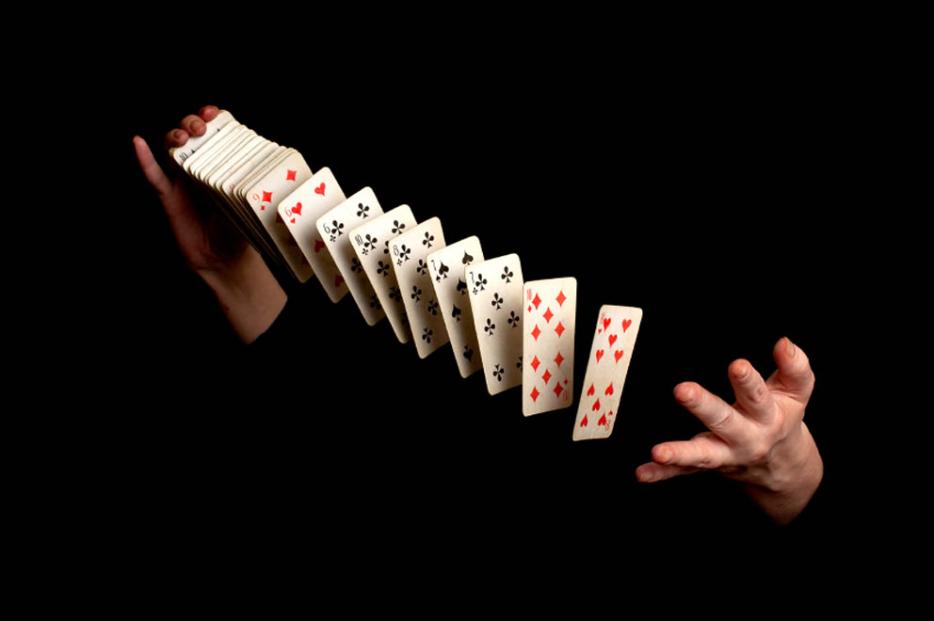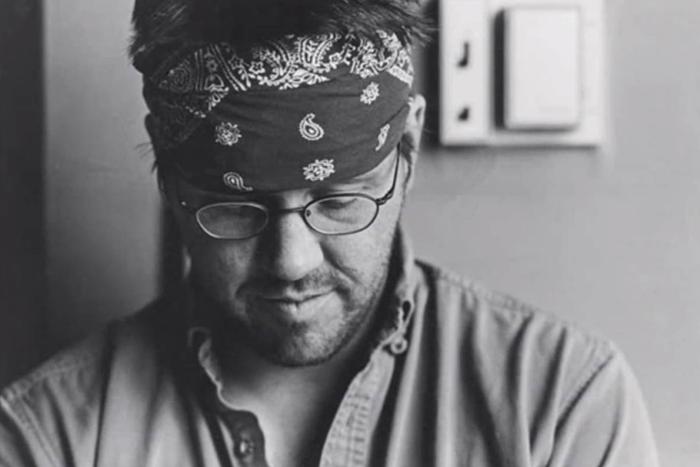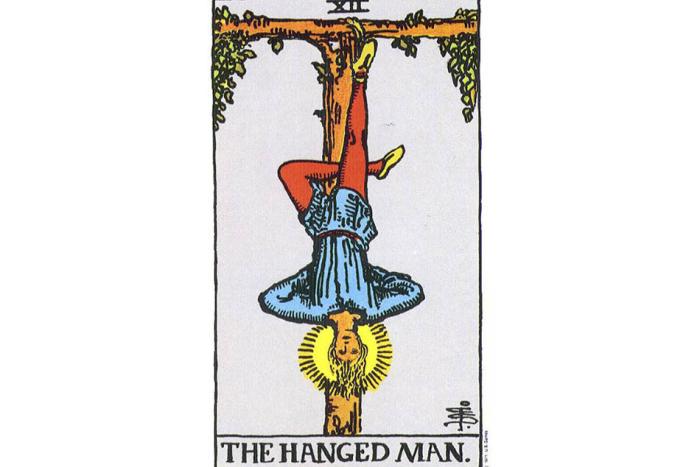We met the magician on a summer evening in Paris. The lamps of the outdoor café had just been lit, and the ghost of a moon reflected off the river. The first thing he said to me was, “Have you ever smelled mothballs?” Sure, I said. He smirked and asked, “How did you get their little legs apart?” It was Paris, Ontario. The magician was in his sixties, with a lumpy uncooked pancake face and unreliable eyes. When he pushed back the sleeves of his plaid flannel shirt and spread out his hands to show us a palm full of coins, his knuckles were swollen and the dimes and nickels glinted as his fingers trembled.
“What time is it?” he asked his brother-in-law. The brother-in-law, who was tall with monkish hair and a good sport’s smile, consulted his watch and announced that it was nine o’clock. “You all see this?” the magician demanded, thrusting his brother-in-law’s wrist into the centre of the small circle: the magician’s sister, his wife, my friend Grace (who was the magician’s second cousin), and me. We all agreed that the analog watchface showed nine o’clock. The magician waved his hands over the watch, and asked us to look again. It was nine-thirty. He had just stolen half an hour of our lives. We never got it back.
As Grace told me later, it wasn’t the only thing he stole. Among his prior convictions was a bank robbery in 1978, as well as assault with a weapon in 1989. In 1992, he was busted for smuggling 450 kilograms of hash oil worth $14 million into Canada from Jamaica. Those are some seriously roomy sleeves.
I’m not sure which came first, the crime or the magic. Maybe Grace’s cousin was practicing the Zarrow shuffle in his bedroom as a lonely pre-teen; or maybe he took up coin manipulation as a hobby while under house arrest in the early 2000s. The practice of magic, however, as Alex Stone tells us in his new book, Fooling Houdini, has its roots in the venerable arts of stealing and cheating. When Apollo Robbins, Vegas entertainer and self-described “gentleman thief,” delights audiences by stealing jewellery off their necks and glasses off their noses, he exploits techniques adapted from Dickensian wallet-lifters. Canada Bill Jones, the nineteenth century Mississippi riverboat hustler, was the king of a fixed betting game that’s still common, called the three-card monte. Stone quotes Steve Weisman, an expert on fraud and identity theft, as saying, “The person on the street doing the three-card monte is doing things differently than Bernie Madoff, but it’s the same psychology...Madoff was able to use the same principles magicians use. He misdirected people. He forced their choices.” In June, a jury convicted a California magician of using sleight of hand to switch an envelope full of cash with an envelope less full of cash when buying a Harley Davidson from a small motorcycle shop.
The romance of magicians is that they live outside the law—in these cases, the laws of the land, but universally, the laws of nature. Gravity doesn’t apply to them, nor does the conservation of mass. They can make something from nothing and nothing from something in a way that physics simply doesn’t allow. The magician is a cross between a pickpocket and a pickpocket’s lawyer: he steals the frame off the big picture and then walks backwards through a loophole in perception. Like love, it’s possible to know you’re being fooled and be fooled anyway.
Although the magician and his sister were Grace’s cousins, they were meeting her tonight for the first time. “When we came in here,” the magician’s sister said to me, “we sat down at that table and you know how when you order food? How they put the little stand with the number on your table? Well, the number they brought to our table was 55, and my mother was born on the fifth of May. I knew then her spirit had guided me here to meet Grace.” The magician’s sister was baked to a roast turkey tan, and she fixed crackling blue eyes on me as she said, “I have a strong belief in spirits, and numerology, and astrology. Grace looks just like our Aunt Louise.” She was large and bottle-blond and huggable, so I hugged her.
“Hold out your hands,” the magician commanded me. He picked up a sugar shaker from a nearby table. “Oh, now be careful,” his sister said. “Sugar’s different from salt.” When I read online about the magician later, I learned that he had been the kingpin of an extended crime family of brothers, sons, and associates. He had been suspected of arson and murder. The magician poured a streamful of sugar into his left palm. “You see this?” he asked us. He closed his fist, tapped it twice with his right index finger, and opened it. Nothing but the seams and creases of his rough palm. He closed his fist again. I had been obediently holding out my cupped hands since he picked up the shaker, and now he held his fist over them and eased it gently open.
A stream of sugar showered into my palms, and Grace and I gasped. It was pure magic, overflowing from my hands onto the terrace like a startling flood of belief.






